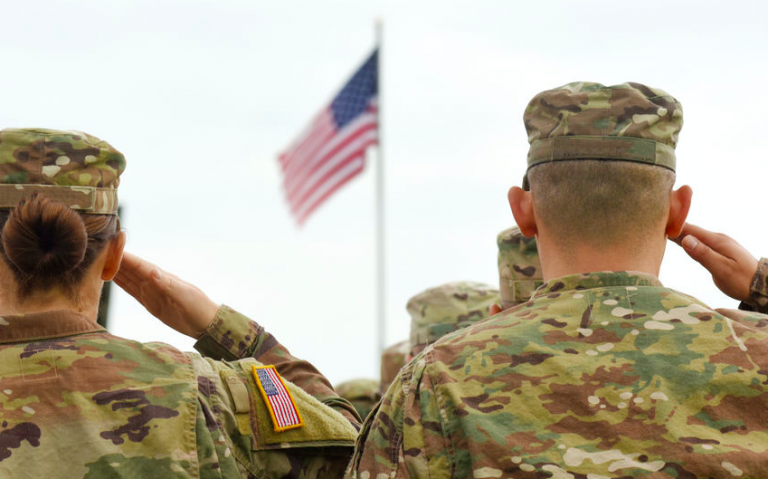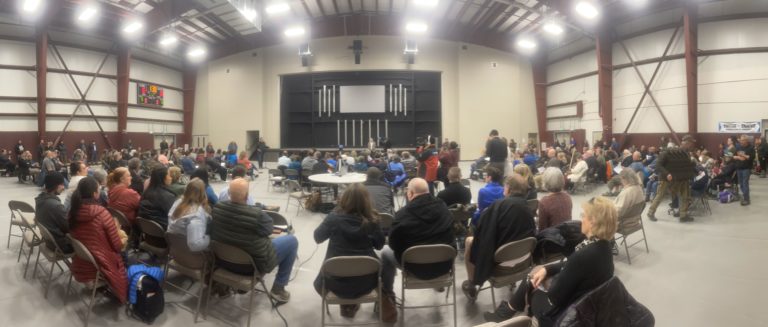Confederate generals’ names on nine military bases were ordered to be scrubbed by Defense Secretary Lloyd Austin last October, after a two-year study recommended the change, and Austin accepted the recommendation.
But on Thursday, Lt. Gen. Kevin Vereen, the Army’s deputy chief of staff for installations, told a House committee the renaming of the nine bases would cost $39 million, according to Army Times.
Last year, the naming commission estimated the cost to be $21 million.
Military bases were named for Confederate officers primarily because of their historical significance in the American Civil War and their contributions to the development of the U.S. military. Following the Civil War, the military established a number of forts and military installations throughout the southern United States. Some of these bases were named after Confederate military officers as a way of recognizing their service and sacrifice, and as a way of promoting national unity and reconciliation. In recent years, some have likened it to supporting white supremacy.
Then came the choking death by police of felon George Floyd in Minneapolis in 2020.
“All this changed in the aftermath of the police killing of George Floyd in 2020. Many people protested systemic racism and pointed to Confederate statues and bases as part of that system. Congress established the commission in the National Defense Authorization Act of fiscal 2021. Then-President Donald J. Trump vetoed the legislation because of the presence of the commission, and huge bipartisan majorities in both houses of Congress overrode his veto,” the Defense Department said.
In January, the Department of Defense began implementing the name changes, which will include not jus the names of bases, but posts, ships, streets and more named after Confederate soldiers.
The services and other Defense agencies have until the end of the year to complete the process.
Retired Navy Adm. Michelle Howard chaired the congressionally mandated Naming Commission. The commission’s mission was to provide removal and renaming recommendations for all DOD items “that commemorate the Confederate States of America or any person who served voluntarily with the Confederate States of America,” the Defense Department wrote.
Additionally, any installations that have street names or buildings named after Confederates will be changed. The Navy will rename the cruiser USS Chancellorsville, which commemorates a Confederate victory, and the USNS Maury — named after a U.S. Navy officer who resigned his commission to fight for the Confederate Navy — will also be renamed. Battle streamers commemorating Confederate service will no longer be authorized, the Defense Department said.
The bases to be renamed are:
- Fort Benning, Georgia will become Fort Moore, after Army Lt. Gen. Hal Moore and his wife, Julia Compton Moore. Hal Moore received the Distinguished Service Cross for heroism in the Vietnam War. Julia Moore advocated for military families and is credited for the personal notification of death procedures now practiced.
- Fort Bragg, North Carolina will become Fort Liberty.
- Fort Gordon, Georgia will become Fort Eisenhower, after President Dwight D. Eisenhower, a five-star Army general and served as Supreme Allied Commander of forces in Europe during World War II.
- Fort A.P. Hill, Virginia will be known as Fort Walker after Dr. Mary Edwards Walker, the first female surgeon in the Civil War, and the only woman awarded the Medal of Honor.
- Fort Hood, Texas will be Fort Cavazos, named for Army Gen. Richard E. Cavazos, who received the Distinguished Service Cross for heroism in the Vietnam War.
- Fort Lee, Virginia will be named Fort Gregg-Adams, after Lt. Gen. Arthur Gregg and Lt. Col. Charity Adams. Gregg was a key figure in the integration of black soldiers into the Army. Adams was the highest-ranking African-American female soldier in World War II.
- Fort Pickett, Virginia will be Fort Barfoot, in honor of Army Tech Sgt. Van T. Barfoot, who received the Medal of Honor for his actions with the 45th Infantry Division during World War II in Italy in 1944. Barfoot was Choctaw.
- Fort Polk, Louisiana becomes Fort Johnson, after Army Sgt. William Henry Johnson, who received the Medal of Honor posthumously for action in the Argonne Forest of France in World War I.
- Fort Rucker, Alabama will be Fort Novosel, after Army Chief Warrant Officer 4 Michael J. Novosel, an helicopter pilot who received the Medal of Honor for a medevac mission under fire in Vietnam when he saved 29 soldiers.











